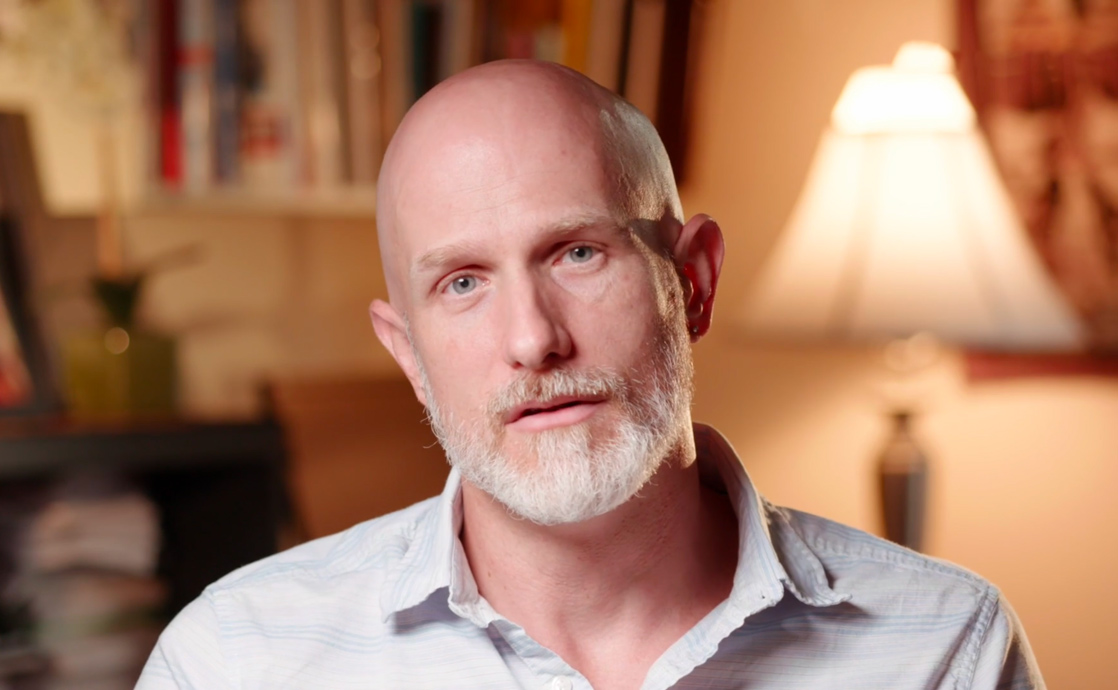In the realm of societal complexities, the intersection of race, justice, and unity presents a profound dilemma. How does one individual, armed with a commitment to their beliefs, navigate the challenging waters of racial discord? This inquiry requires a nuanced exploration of Bahá’í teachings on justice and unity, illustrating how one person’s journey can illuminate the collective path toward inclusivity and harmony. At its core, the Bahá’í Faith espouses the principle that humanity is one, yet myriad disparities persist, demanding advocacy, action, and reflection.
The Bahá’í teachings present a framework for understanding the importance of justice in establishing racial unity. Justice is not merely a legal construct but a moral imperative embedded in the fabric of society. Understanding this, an advocate for justice becomes not just a voice for the marginalized but an embodiment of the values espoused by Bahá’u’lláh, the founder of the Faith. He stated, “In the world of humanity, there are two wings: one is women and the other men. So long as these two wings are not equivalent in strength, the Flight of Humanity will be slowed.” This analogy can be extended to represent racial unity, suggesting that efforts to uplift one race must be complemented by equal regard for all; otherwise, the societal flight toward justice remains impeded.
A pivotal aspect of Bahá’í advocacy is the principle of recognition of the oneness of humanity. An advocate must first embrace this tenet, expanding their perspective to encompass the diverse experiences of others. The challenge lies in translating this recognition into empathetic action. For instance, someone committed to racial unity might find themselves contemplating: how does one engage authentically with the experiences of marginalized communities while also acknowledging the privileges inherent in one’s own identity? This duality can evoke discomfort, yet it is essential for fostering genuine dialogue.
Moreover, the Bahá’í teachings emphasize the role of education in cultivating understanding and dispelling ignorance. An advocate for justice should prioritize educational initiatives aimed at addressing prejudices and misconceptions. It is not enough to merely preach tolerance; one must actively promote comprehensive curricula that include the histories and contributions of various racial and cultural groups. Such educational pursuits can reshape narratives and challenge entrenched stereotypes, nurturing a culture that values diversity.
Practical steps to forge pathways toward racial unity include establishing forums for dialogue among diverse racial and ethnic groups. These platforms serve as microcosms for societal interaction, where individuals can share their stories, confront biases, and collaboratively seek solutions to systemic inequities. Bahá’í communities across the globe have engaged in such activities, working closely with civil society organizations to promote peaceful coexistence and justice.
One might ask: what role does collective action play in this pursuit of racial unity? The Bahá’í teachings assert that individual efforts, while noble, can only take society so far. Hence, the formation of networks that connect various advocates, activists, and organizations amplifies the call for justice. Collaborating with others who share the vision of a united humanity can result in impactful movements, creating ripples that engender broader societal change. Within this collective action, each participant; each unique narrative contributes a vital thread to the tapestry of unity.
A distinctive challenge advocates may face is the backlash from entrenched societal norms and resistant ideologies. When one attempts to advocate for justice, they may encounter vehement opposition from those who cling to outdated perceptions of racial superiority or economic disparity. The Bahá’í teachings encourage resilience in the face of such adversity. Drawing strengths from the spiritual tenets of the Faith, advocates are reminded of the potential for transformation through sustained effort. The reality is often mired in setbacks, but history bears witness to the bravery of those who persevered, ultimately paving the way for progress.
In contemplating the notion of race unity, it is crucial to recognize the significant role of individual agency within a collective framework. Each advocate embodies a unique story, influenced by personal experiences and understandings. While differences among them may evoke tension, these distinctions can also prove to be their greatest asset. In the pursuit of racial unity, an advocate must embrace diversity as a strength, utilizing their unique backgrounds and insights to foster a more profound connection with others. Facilitating a culture characterized by mutual respect and understanding becomes paramount.
The complexities of race relations often signal a need for introspection and communal effort. As Bahá’í teachings elucidate, the journey toward justice and unity is not merely an individual endeavor; it is a shared obligation. The essence of justice extends beyond personal beliefs to encompass communal responsibility. Every action taken, whether in advocacy or education, contributes to the larger collective movement toward equality and understanding.
In conclusion, the path of a Bahá’í advocate for justice serves as a clarion call to engage with the challenging landscape of racial unity. By embracing the teachings of Bahá’u’lláh, advocating for transformative education, fostering dialogue, and demonstrating resilience, individuals can navigate their unique path toward a future characterized by racial unity. The challenge remains an invitation for introspection, communal effort, and relentless perseverance. Ultimately, each advocate’s journey towards justice not only enriches their own life but also propels society closer to the ideals of oneness and harmony that Bahá’í teachings so fervently promote.
